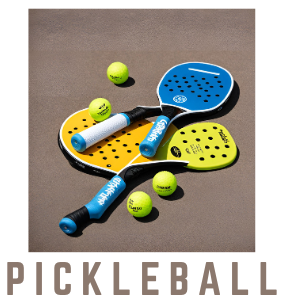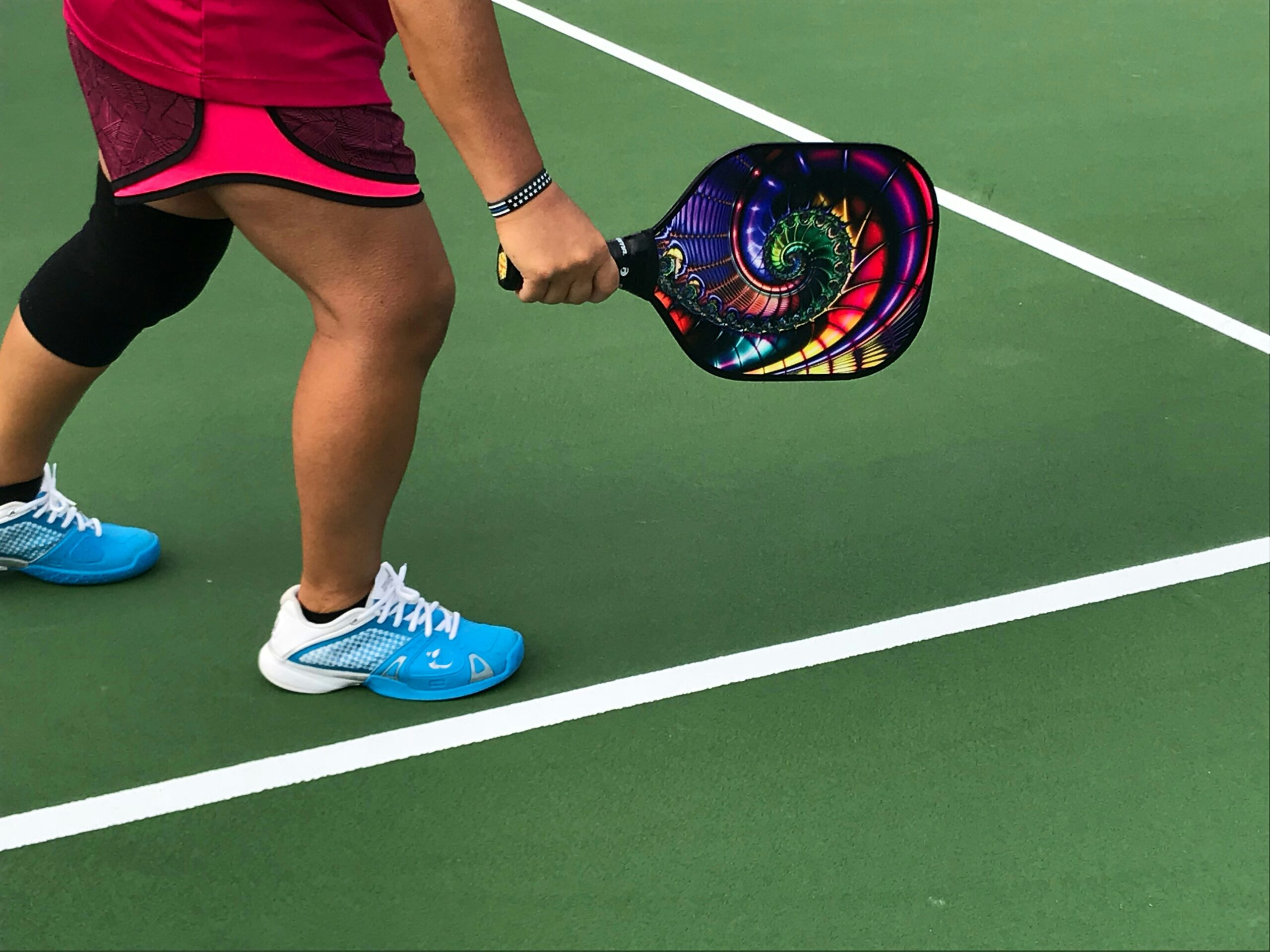Introduction
You may have heard the term “kitchen” being thrown around in pickleball, but what exactly does it mean? In this article, we will explore the concept of the kitchen in pickleball and how it affects the game. Let’s dive in!
What Is The Kitchen In Pickleball?
The kitchen, also known as the non-volley zone, is a seven-foot area on both sides of the court adjacent to the net. This area is marked by two lines parallel to the net and is where players are not allowed to hit volleys or smash the ball. It is a crucial part of the game that requires players to strategize and move strategically on the court.
Why Is The Kitchen Important?
The kitchen is important in pickleball because it adds an additional layer of strategy to the game. Players must be mindful of staying out of the kitchen when hitting volleys, which requires quick reflexes and precise footwork. By limiting the use of volleys in this area, the kitchen forces players to rely on their groundstrokes and dinking skills, making for more engaging and challenging gameplay.
How Does The Kitchen Impact Gameplay?
The kitchen impacts gameplay in several ways. Firstly, it forces players to develop their non-volley skills, such as groundstrokes and dinking, as they cannot simply rely on volleys to win points. Secondly, it creates opportunities for more strategic play, as players must work together to move their opponents into the kitchen and capitalize on their positioning. Overall, the kitchen adds depth and complexity to pickleball matches, making them more exciting and competitive.
Rules and Regulations Regarding The Kitchen
Understanding the rules and regulations regarding the kitchen is essential for all pickleball players. Let’s take a closer look at the key rules that govern the use of the kitchen during gameplay.
No Volley Zone Rule
The most important rule regarding the kitchen is the no volley zone rule. According to this rule, players are not allowed to hit volleys while standing inside the kitchen. This rule prevents players from gaining an unfair advantage by smashing the ball from a close distance to the net and promotes more varied and strategic gameplay.
Foot Fault Rule
In addition to the no volley zone rule, there is also a foot fault rule that applies to the kitchen. Players must ensure that both feet are completely behind the kitchen lines when hitting volleys or moving around the court. Failure to comply with this rule can result in a fault being called by the referee, leading to a loss of point.
Double Bounce Rule
Another important rule that relates to the kitchen is the double bounce rule. This rule requires that the ball must bounce once on each side of the net before players are allowed to hit volleys. This rule ensures fair play and prevents players from dominating the game with quick volleys that do not allow their opponents a chance to respond.

Strategies For Success In The Kitchen
Mastering the use of the kitchen is essential for becoming a skilled pickleball player. Here are some strategies that you can use to succeed in the kitchen and gain an edge over your opponents.
Dinking Technique
Dinking is a crucial skill to master in pickleball, especially when playing near the kitchen. To execute a successful dink, players must gently tap the ball over the net with a low trajectory, making it difficult for their opponents to return. By practicing your dinking technique, you can keep your opponents on their toes and control the pace of the game from the kitchen.
Movement and Positioning
Effective movement and positioning in the kitchen are key to winning points in pickleball. Players must be able to anticipate their opponent’s shots and quickly adjust their positioning to avoid stepping into the kitchen. By staying light on your feet and moving strategically around the court, you can maintain control over the game and force your opponents into making errors.
Communication with Your Partner
If you are playing doubles pickleball, communication with your partner is essential for success in the kitchen. Clear and concise communication can help you coordinate your movements, cover each other’s weaknesses, and create opportunities to outmaneuver your opponents. By working together as a team, you can dominate the kitchen and secure victory in your matches.

The Importance of Practice
Like any other sport, mastering the use of the kitchen in pickleball requires practice and dedication. By consistently honing your skills and refining your techniques, you can become a formidable player who excels in the kitchen. Here are some tips for incorporating practice into your pickleball routine.
Drills and Exercises
Engaging in drills and exercises specifically designed to improve your skills in the kitchen can help you progress faster as a pickleball player. Focus on dinking drills, footwork exercises, and communication exercises with your partner to enhance your abilities in the kitchen. Practicing these drills regularly will build muscle memory and improve your performance on the court.
Play Matches
Playing matches against opponents of varying skill levels is another excellent way to practice your skills in the kitchen. By competing in friendly games or tournaments, you can test your abilities under pressure, learn from your mistakes, and refine your strategies for success. The more matches you play, the more experienced and confident you will become in the kitchen.
Seek Feedback
Seeking feedback from more experienced players or coaches can provide valuable insights into your performance in the kitchen. Ask for constructive criticism, tips for improvement, and advice on honing your skills. By being open to feedback and willing to incorporate suggestions into your practice routine, you can accelerate your progress and reach your full potential as a pickleball player.

Conclusion
In conclusion, the kitchen is a fundamental aspect of pickleball that adds depth, strategy, and excitement to the game. By understanding the rules, developing effective strategies, and dedicating yourself to practice, you can become a skilled player who dominates the kitchen and outplays your opponents. So next time you step onto the court, remember to stay out of the kitchen and use it to your advantage to achieve victory in your matches. Happy pickleballing!

